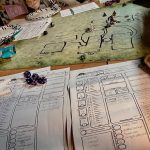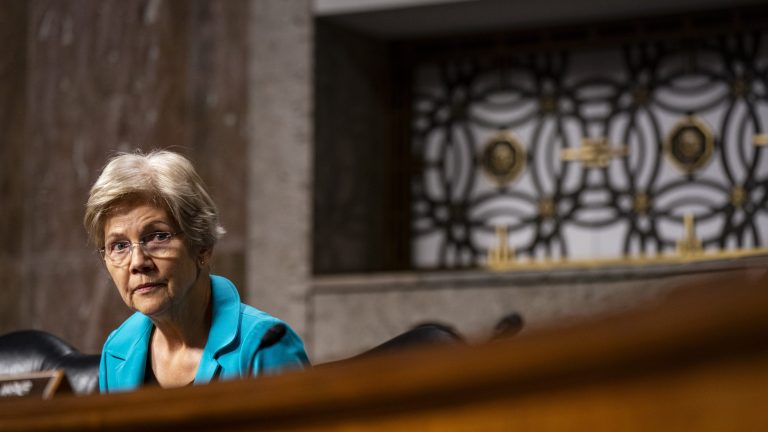This year marks the 50th anniversary of the tabletop role-playing game (TTRPG) Dungeons & Dragons (D&D). A game of creativity and imagination, D&D lets players weave their own narrative, blending combat and roleplaying in an immersive gaming experience. And now, psychologists and therapists are working to turn it into a tool by exploring its potential benefits as a group therapy technique.
Research is still in progress to determine if there are links between playing D&D and enhanced empathy and social skills, but the real-life impact of D&D therapy is slowly gaining traction as staff of counseling practices that have embraced D&D group therapy say they are witnessing these benefits firsthand.
“It seems particularly useful in combating the effects of social isolation and improving both interpersonal skills and intrapersonal skills (problem-solving),” explained Gary Colman, the chairman of Game Therapy UK, a registered charity staffed by volunteer professionals who are developing evidence-based therapeutic gaming projects. “In practical terms, it can also be used for a range of purposes, including modeling positive behavior and teaching soft social skills and basic educational skills, including language and numeracy.”
What is D&D?
At the heart of D&D lies the power of imagination. The Dungeon Master (DM), who plays the roles of all non-player characters (NPCs) and monsters, sets the stage for various scenes and acts to open up the limitless possibilities and creative potential of the game.
Players customize their characters’ abilities and personalities to either participate in a roleplaying session, act out scenes with NPCs to further the story, or engage in combat with terrifying monsters like bugbears or gloomstalkers. Individual gaming sessions can run for multiple hours and, combined, allow players to work through a larger campaign that lasts for weeks or even years.
The game was created in 1974 by Ernest Gary Gygax and Dave Arneson. Gygax’s company, TSR, Inc. (Tactical Studies Rules), steadily grew into a multimillion-dollar business but was plagued by leadership and financial issues for decades. Ultimately, TSR was acquired by its competitor, Wizards of the Coast (the company responsible for Magic: The Gathering) in 1997 (Wizards of the Coast would be acquired by Hasbro in 1999).




 Loading comments...
Loading comments...
